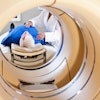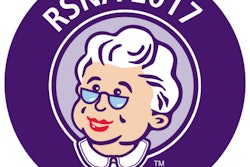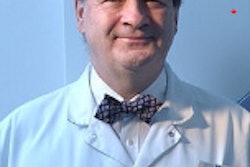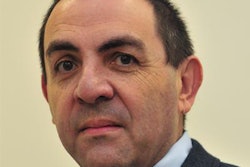Dear AuntMinnieEurope Member,
The final week of November means only one thing for the global imaging community: the RSNA meeting in Chicago. This year's congress has already produced plenty of highlights.
A special session about Israel proved popular. Although the country's not technically part of Europe, many of its radiologists have been trained here or originate from the former USSR, and the Israel Radiological Association has close ties with the European Society of Radiology. To read our report, click here.
Spanish researchers have been busy, too. A group from Barcelona explained why PET/CT is essential to diagnose and determine the extension of neurofibromatosis, as well as to follow up the neurofibromas, and they elaborated on MRI's uses in this area too. Get the full story in the Molecular Imaging Community, or by clicking here.
The opening ceremony at RSNA is never a dull affair, and it always offers insight into some hot topics in radiology. Two heavyweights, Dr. Elias Zerhouni and Dr. Roderic Pettigrew, PhD, were among the speakers. What did they have to say? Find out here.
Away from Chicago, we have an update on the implementation of the European Medicines Agency's controversial decision on linear gadolinium-based contrast agents. European Union nations will have longer than anticipated to enforce the ruling. Go to the MRI Community, or click here.
Also, a multinational team has found the earlier and more frequently a woman starts screening for breast cancer, the higher her lifetime risk of radiation-induced cancer. But the total effective risk falls as women get older, particularly when they hit 70 years old. Click here to learn more.
RSNA 2017 draws to a close on Friday. To read our sister site AuntMinnie.com's comprehensive news coverage, and to watch Brian Casey's video interviews with opinion leaders, make sure you visit the RADCast @ RSNA every day.



















